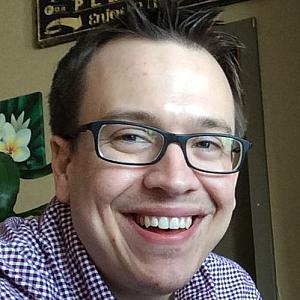
Giles Bruce
Health reporter

Health reporter

Two years after the murder of George Floyd, it’s still tough for journalists to trace patterns of law enforcement violence in their communities.
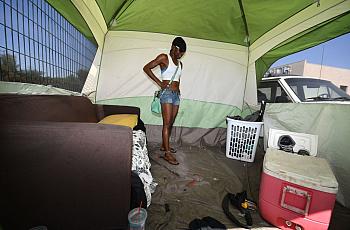
Two architects of the effort weigh in on the promise and perils of California's bold new Medicaid program.

Lisa Krieger of the San Jose Mercury News, Victoria Colliver of POLITICO, and Alejandro Lazo of CalMatters on the storylines they're tracking.
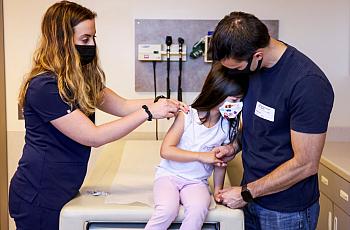
“Parents of young children should be as worried about RSV as they are about COVID,” said one professor of pediatrics.
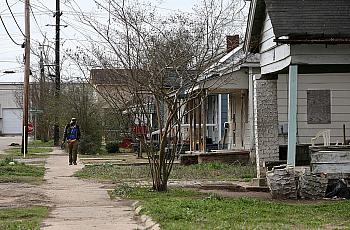
The causes of poor health aren’t always obvious or provable, and that’s where knowing your community comes in.
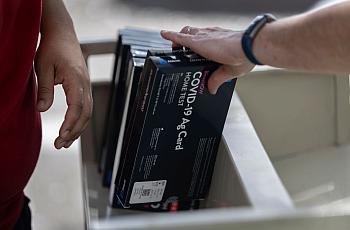
For journalists, parents with school-aged children are a good barometer of what issues to cover in the weeks and months ahead.
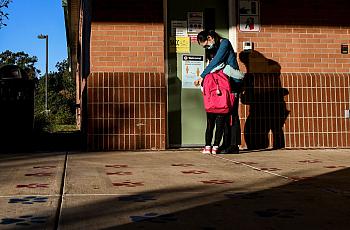
As the omicron surge disrupts schools nationwide, new research finds that kids forced to learn online instead of in person exhibited more behavioral issues.
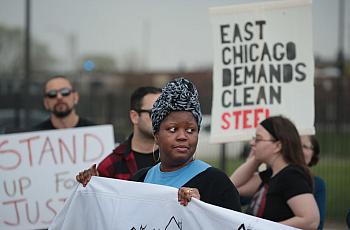
Will the country finally correct the harm borne by marginalized communities?

And how reporters can follow the money.
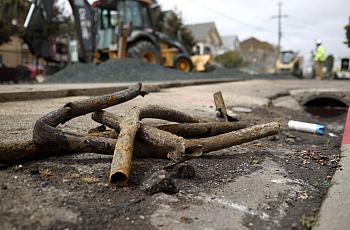
Here’s how reporters can investigate contamination in their communities.